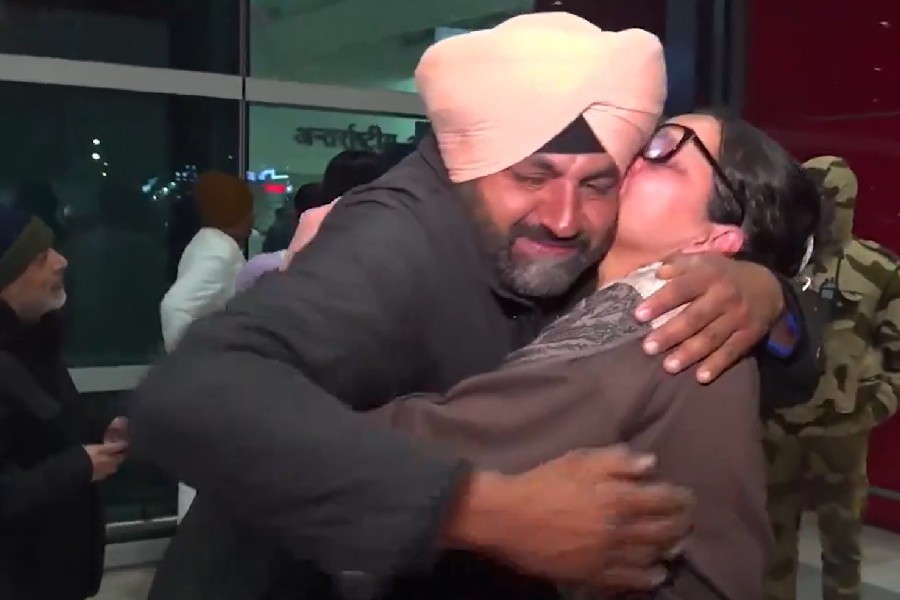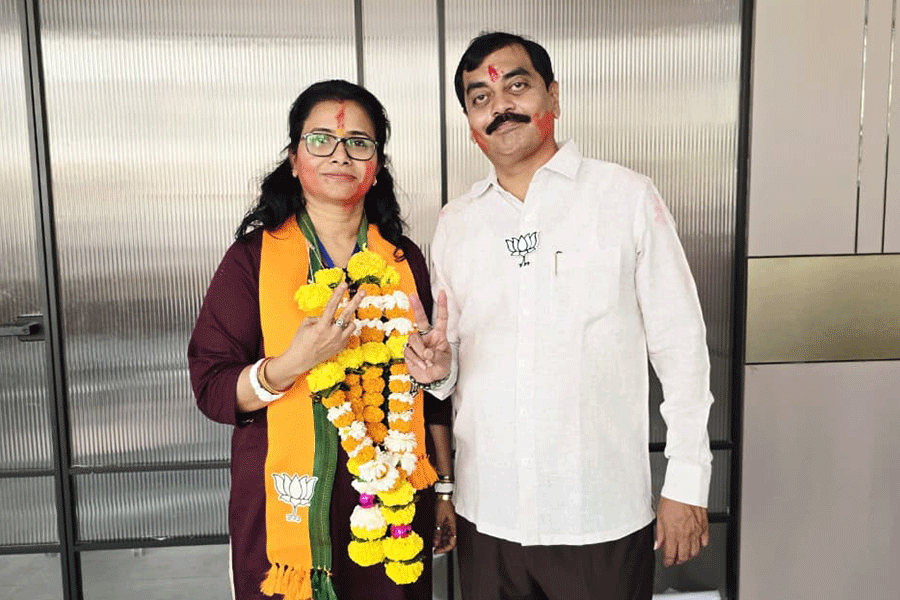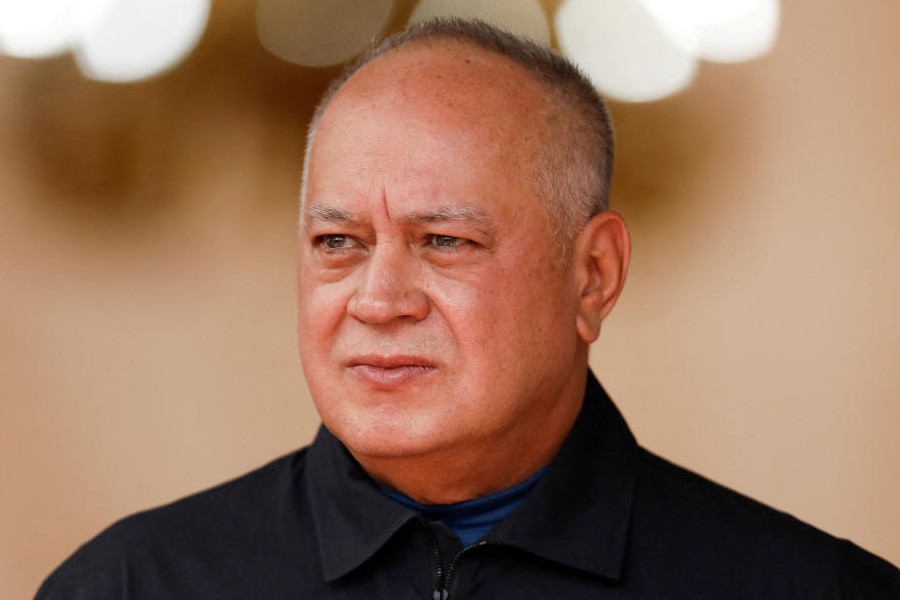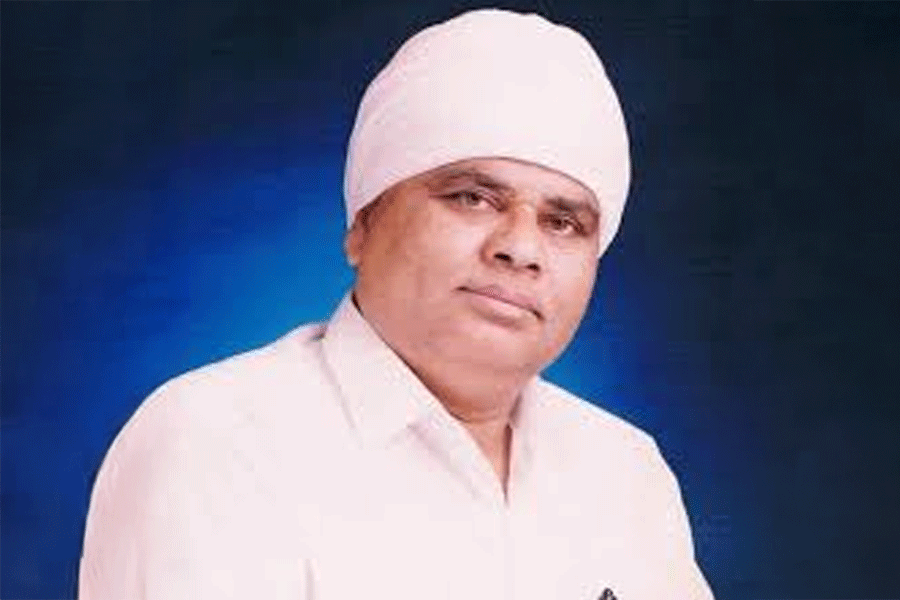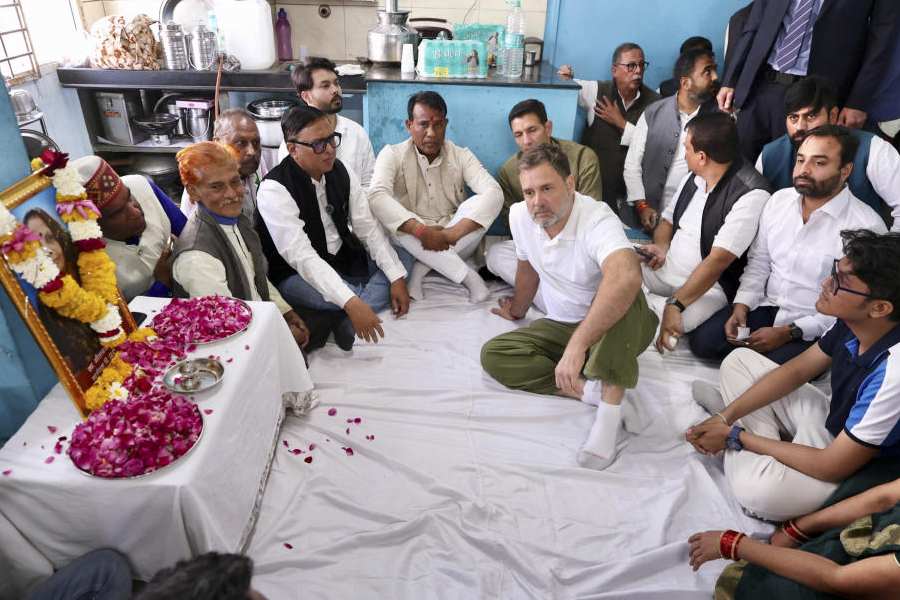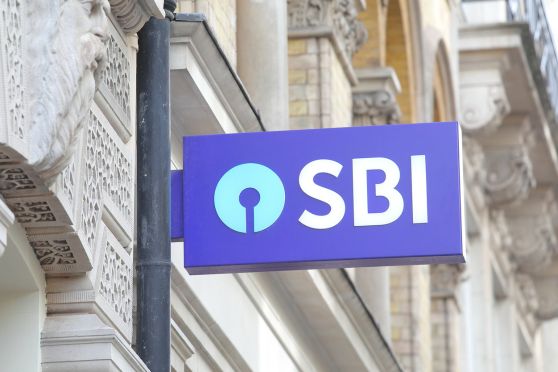
New Delhi: India on Tuesday once again affirmed its faith in the principle of net neutrality - a concept that means all web content, sites and platforms should get equal treatment and no one should throttle somebody's right to zap data packets across the labyrinth of 'dumb pipes' that make up the internet.
While upholding the broad principle, telecom regulator Trai today introduced a few riders that will allow specialized services to be treated differently. Mobile phone companies will also be able to sell their own content through their network without going through the public internet.
"The discriminatory treatment in the context of treatment of content would include any form of discrimination, restriction or interference in the treatment of content including practices like blocking, degrading, slowing down or granting preferential speeds or treatment to any content," Trai said.
In a fresh set of recommendations submitted to the department of telecom, Trai said the terms of the various licence agreements that govern the provision of internet services - unified licence, virtual network operator (VNO), universal access service licence (UASL) and cable modem termination system (CMTS) - should be "amplified to provide explicit restrictions against any form of discrimination in internet access based on content."
However, it proposed to allow mobile phone companies to offer "specialized services" at differential pricing. It defined specialized services as those "services other than internet access services that are optimised for specific content, protocols or user equipment, where the optimisation is necessary in order to meet specific quality of service requirements."
TRAI also allowed telecom operators to deploy traffic management practices after declaring openly such practices and coming up with a statement on its impact on their subscribers.
But it added that the regulator "may, from time to time, frame appropriate regulations to specify further details regarding the scope and assessment of reasonable traffic management practices."
West Bengal Chief Minister Mamata Banerjee tweeted: "We welcome today's news on Trinamool was the very first party to raise this issue strongly in Parliament & on all platforms. A big win for all who use the internet."
Not every one was as enthusiastic. "Personally, I see it as a solution in search of a problem," said Mahesh Uppal, an expert on telecom regulations. "There have been no complaints of abuse of internet access, so this (bringing in changes in license terms) was perhaps premature."
Commenting on the Trai recommendations, Edelweiss Capital said in a note: "The proposed regulations are likely to give integrated operators an upper hand versus pure play connectivity providers."
"(That is) any operator with its own content platform, which is working only on its own network, will be able to charge differential pricing. This may give such an integrated operator advantage versus a pure play connectivity provider. We expect Reliance Jio and Bharti Airtel (Bharti) to be key beneficiaries as they already have presence in content platforms."
Telecom firms like Bharti and Vodafone - which carry a lot of clout in the industry forum Cellular Operators Association of India (COAI) -- have been lobbying for a relaxation of the net neutrality principle.
In recent weeks, Ajit Pai, chairman of the US Federal Communications Commission (FCC), had suggested that net neutrality was anti-competitive and proposed rescinding an Obama-era decision upholding net neutrality in the United States. The FCC is now expected to vote on December 14 to revoke net neutrality rules.
Trai's move seems to be driven by a desire to strike a balance between two opposing viewpoints, and seeks to give telecom players some leeway to make money, while allowing Facebook, Viber and Whatsapp continued access to subscribers through mobile telephony.
The regulator also said that the principle of net neutrality should prevail in the area of Internet of Things (IoT) - a new-age field that will allow devices and systems to hook up with each other.
But it said critical IoT services - which DoT would identify - would be kept out of the ambit of this principle. Officials said these would include services that allow, for instance, a medically challenged individual to avail of tele-medicine services.
Telecom companies will also be restricted from entering into any free or binding arrangement or contract, with any other firm or entrepreneur that creates some kind of discriminatory treatment based on content, sender or receiver, protocols or user equipment, TRAI has ruled. This implicitly bans any plan such as Facebook Basics which would have seen them giving Facebook internet services through tie-ups with Indian telecom firms at lower rates.
Last year, TRAI had ruled in favour of net neutrality after a campaign by internet activists who argued that offerings such as Facebook's free basics platform violated net neutrality principles.
"The scope of proposed principles on non-discriminatory treatment apply specifically to internet access services which are generally available to the public," Trai said.


